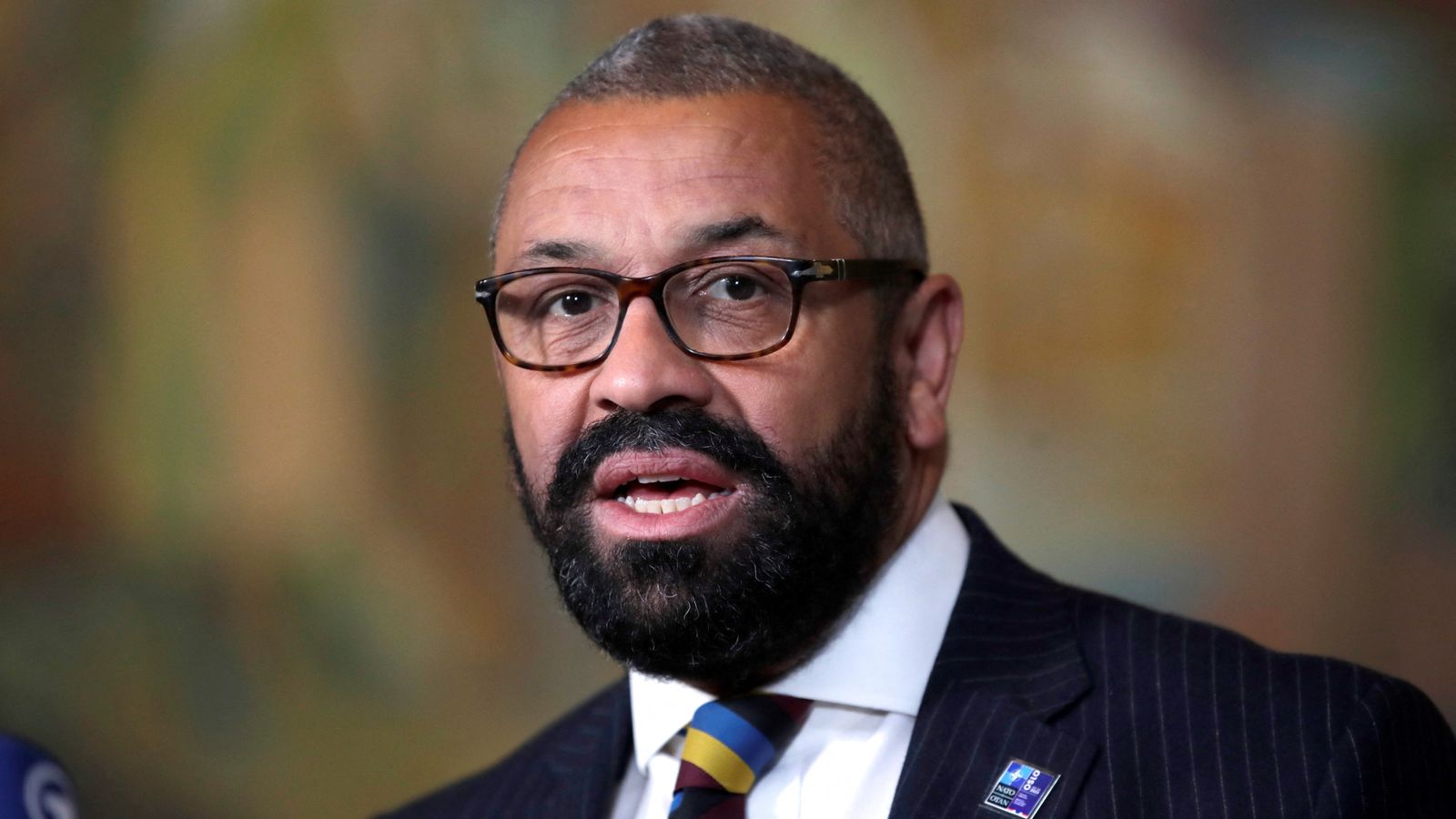Foreign Secretary James Cleverly will visit China this week to hold “high level” talks with government officials amid an ongoing debate within his party over how to approach the country.
Mr Cleverly is due to arrive in Beijing on Wednesday in what will be the first visit of a UK foreign secretary in five years, meeting China’s minister of foreign affairs Wang Yi and vice president Han Zheng
The Foreign Office said he would use the trip to “strengthen channels of communication to further and protect British interests”.
A number of issues will be up for discussion, including “helping to end Putin’s invasion of Ukraine, diffusing tensions in the South China Sea and ceasing malign activity in cyberspace”, a statement said.
Politics live: ULEZ expanded despite controversy
Mr Cleverly will also raise the country’s human rights “obligations” in the Xinjiang province and Tibet, as well challenging ministers over Hong Kong, and the sanctions Beijing has placed on a number of UK politicians.
Speaking ahead of the visit, the foreign secretary said: “No significant global problem – from climate change to pandemic prevention, from economic instability to nuclear proliferation – can be solved without China.
Iran and Saudi Arabia among six new countries invited to join BRICS bloc to rival G7
Chinese spy used LinkedIn to target British officials – report
China building airstrip on disputed island in South China Sea, satellite images suggest
“China’s size, history and global significance means they cannot be ignored, but that comes with a responsibility on the global stage. That responsibility means China fulfilling its international commitments and obligations”.
The visit signals a further move in government policy to engage with Beijing, despite ongoing calls from Tory MPs to take a tougher stance on the country.
Please use Chrome browser for a more accessible video player
Prime Minister Rishi Sunak has already softened his language on China – moving from calling it “the biggest long-term threat to Britain” in his leadership campaign last summer, to instead saying the UK should stand up to China “with robust pragmatism”.
Mr Cleverly reflected this language in his Mansion House speech back in April, saying failing to engage with China would be “a betrayal of our national interest”.
But former prime minister Liz Truss is among those calling for a more robust approach.
In her own speech earlier this year, the short-lived PM called French President Emmanuel Macron’s own visit to China “a sign of weakness”, and she criticised Western governments for “appeasing” the autocratic regime.








